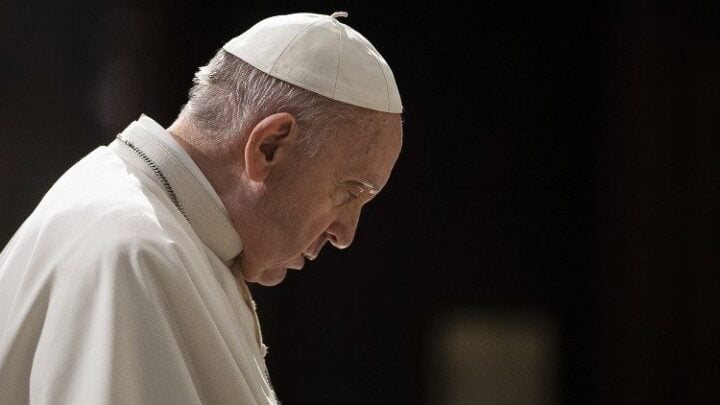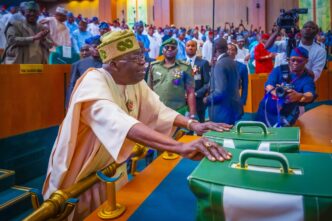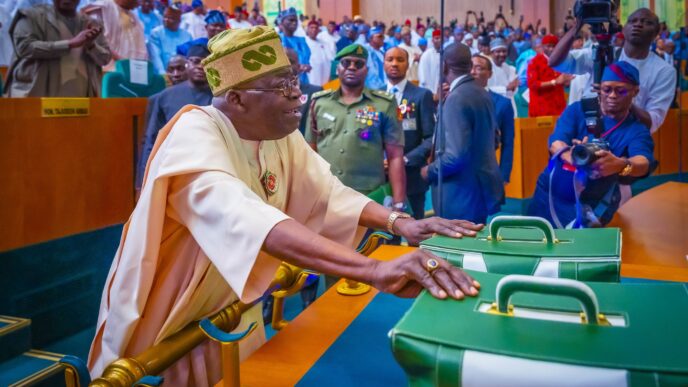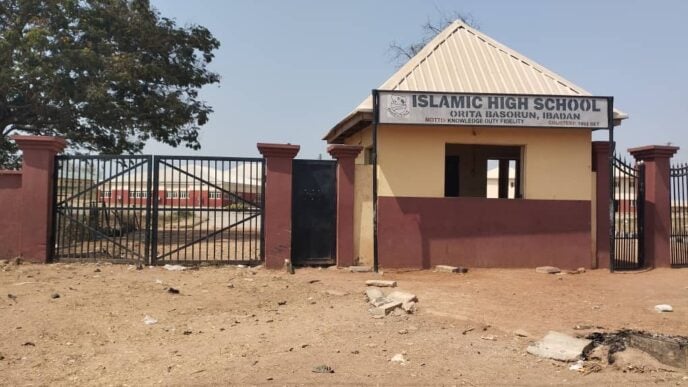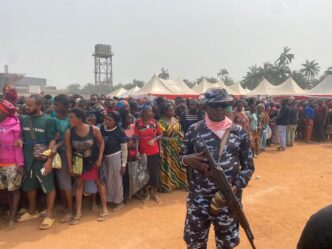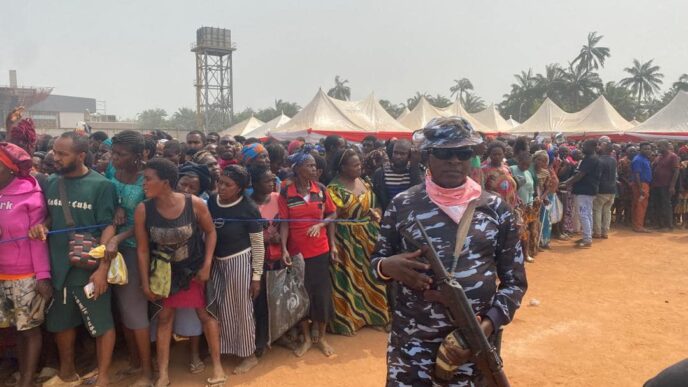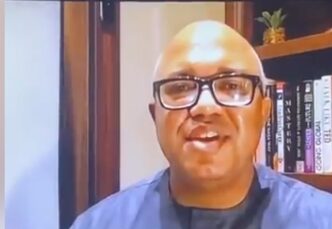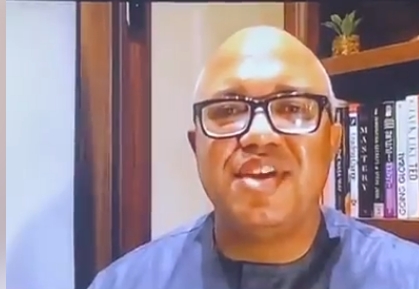Seyi Tinubu at Renewed Hope Concert
BY DEEN ADAVIZE
When some patriotic Nigerians, including yours truly, rose in 2023 to defend and promote a man they believed would usher in a new era of good governance, restore national dignity, and unite the country with inclusive policies, they acted in the hope of salvaging the nation from decades of systemic leadership failure and pervasive poverty. The movement was fuelled by a shared yearning for informed and transformative leadership that would not only bring prosperity, equity, and justice for all Nigerians but restore the battered social trust in governance.
Unknown to them, their burning quest to return the country to a glorious era blinded them to the true capacity, integrity, and mission of the individual they marketed to the masses. This grave misunderstanding led to a catastrophic miscalculation, plunging the nation into an unimaginable mess. The hope of a new dawn was dashed, no thanks to the Lagos headmaster’s misguided policies, which continue to reverberate across every facet of national life.
Since his swearing-in in May 2023, the country has not, for a single moment, breathed the fresh air symbolising the so-called ‘renewed hope’ promised to Nigerians. Instead, his policies, actions, and inactions have suffocated the masses, driving them to the brink of despair. This reflects a stark disconnect between existential realities and the policies churned out thus far. The failure to promptly address critical issues affecting the populace, ranging from inflation to unemployment and general economic hardship, has left the masses drowning in a sea of hopelessness. Basic necessities such as food, medication, and transportation have become unaffordable for the average Nigerian, leaving the larger population on the brink of destitution—a global hallmark of a failed state.
Advertisement
While the administration continues to offer excuses for its acute leadership failure, available evidence suggests that the main reasons behind the regime’s progressive mess are a lack of preparedness for governance and a poor understanding of the country’s existential challenges. Ironically, this is striking for a man who had been within the corridors of power for over two decades and boasted of being one of the most informed leaders of our time, yet surprisingly appears uninformed about addressing the country’s challenges after ascending to lead Africa’s most populous country.
Recently, the International Monetary Fund (IMF) and the World Bank, which had previously encouraged the current administration to push on with subsidy removal and currency devaluation, acknowledged the doldrums resulting from these policies. The IMF specifically described the administration’s reforms as ‘not working,’ underscoring the depth of the crisis. This acknowledgement, coming from global financial institutions that are often reluctant to criticise governments publicly, highlights the magnitude of the current leadership failure.
It is baffling that a man who claimed to have inherited a collapsing economy with dwindling revenue would hastily set up the most expansive and extravagant cabinet in Nigeria’s history. In August, over ₦150 billion was reportedly spent to purchase a new presidential jet at a time when Nigerians were grappling with economic hardship and a high cost of living crisis. These moves, among others, not only contradict his rhetoric of fiscal prudence but also place an additional burden on the masses, who are now wallowing in extreme poverty. The disparity between leadership rhetoric and reality becomes more glaring as the government’s priorities seem skewed toward self-enrichment rather than public service.
Advertisement
Nearly two years into the regime, none of his policies have mitigated the disastrous effects of fuel subsidy removal and currency devaluation—policies that have catapulted the nation’s inflation rate to an all-time high, eroded the purchasing power of ordinary citizens, and impoverished millions of Nigerians. Every sluggishly implemented mitigating measure appears more like a scam, leaving the country teetering on the edge of economic collapse.
It is incontrovertible that economic reforms that have rendered over half of the country’s population destitute, driven thousands of multinational companies away, shut down thousands of local manufacturers, sacrificed 90% of the currency’s value, and degraded Nigeria’s economic standing on the global stage are nothing short of disastrous. These reforms, far from benefiting the masses, seem to serve the political elite exclusively, earning them the dubious distinction of being the scam of the century. The aftermath of these policies is visible in the growing number of unemployed youths, shuttered businesses, and the erosion of social trust in governance.
For those who still harbour hope for positive outcomes from the current administration, the question remains: how much longer can the nation endure these self-inflicted wounds? The evidence of policy failure is glaringly overwhelming, and the ripple effects are spreading far and wide.
Just a few days ago, several people, mostly children, lost their lives while searching for food for survival in three states, including the FCT. A few months earlier, some underage children who were forced onto the streets to protest against unbearable hunger and economic hardship were brutally arrested and subjected to inhumane treatment in detention by security agents. Their haggard footage in a courtroom, which later attracted global outrage, exposed the administration’s numbness. As a matter of fact, these embarrassing scenarios are unprecedented in the country’s history, not even under military rule.
Advertisement
It is becoming increasingly clear that the promised ‘renewed hope’ is a facade, masking a reality of incompetence and mismanagement. The disconnect between policy formulation and execution speaks volumes about the leadership’s lack of understanding of the socio-economic realities on the ground.
As Nigerians desperately yearn for a change in leadership, it must be recognised that neither Atiku Abubakar nor Peter Obi possesses a silver bullet to solve the country’s socio-economic woes. Both figures come with their baggage and limitations, making them less-than-ideal saviours.
The path forward requires more than just a change in leadership. It calls for a paradigm shift in governance, where policies are people-centred and driven by data and evidence. Nigeria’s challenges are multifaceted, ranging from economic restructuring to social cohesion and institutional reform. Addressing these issues demands leadership that is not only competent but also compassionate and inclusive.
The current administration’s failures should serve as a wake-up call for all Nigerians. It is a reminder that leadership goes beyond rhetoric and promises; it requires a deep understanding of the nation’s complexities and a genuine commitment to service. As the nation grapples with the consequences of poor leadership and bad policies, the call for accountability grows louder. Nigerians must demand better and refuse to settle for mediocrity in governance.
Advertisement
The journey ahead is daunting but not insurmountable. With the right leadership and collective effort, Nigeria can overcome its current challenges and emerge stronger. The lessons of the past two years must not be forgotten; they should guide the nation in making better choices for its future. The time to act is now before the scars of today become the permanent wounds of tomorrow.
Adavize, a researcher and concerned Nigerian, wrote in from Kogi and can be reached via: [email protected]
Advertisement
Views expressed by contributors are strictly personal and not of TheCable.
Add a comment

